Share This Article
People belonging to any age group can develop acne but it is estimated that over 70 percent of acne cases arise in the age group of twelve to twenty-five, but there are many acne sufferers later in life.
Though acne is not dangerous it can have a serious impact on a person’s self-esteem. Even simple pimples and minor breakouts can lead to self-consciousness, depression, lack of confidence, embarrassment, even social withdrawal. In one study, 75% of people with acne reported that it made them feel less confident and more self-conscious. Furthermore, as the blemishes clear, even minor ones, can leave permanent scars behind.
Though acne is not dangerous it can have a serious impact on a person’s self-esteem. Even simple pimples and minor breakouts can lead to self-consciousness, depression, lack of confidence, embarrassment, even social withdrawal. In one study, 75% of people with acne reported that it made them feel less confident and more self-conscious. Furthermore, as the blemishes clear, even minor ones, can leave permanent scars behind.
Acne Causes Not Under Your Control

Genetics
 If your mom, dad, aunt, uncle, sister, brother or anyone else in your family has had acne, there is a good chance that you will also have. Your genes determine how your immune system will respond to certain bacteria, including the bacteria that can result in blemishes. Genetics also determines how easily your pores can become clogged.
If your mom, dad, aunt, uncle, sister, brother or anyone else in your family has had acne, there is a good chance that you will also have. Your genes determine how your immune system will respond to certain bacteria, including the bacteria that can result in blemishes. Genetics also determines how easily your pores can become clogged.Each day the uppermost layer of our skin replaces your old skin cells with new skin cells. These dead skin cells are removed by skin produced oil (sebum). If there is more sebum production or more dead cell production the hair follicles and pores get clogged. Bacteria which is a normal resident on the skin feeds on the sebum in clogged pores and multiplies, thus leading to increased production of pimples and eventually, acne including pimples, whiteheads, blackheads, and even cysts. This condition can affect any part of the body, but the face, back, shoulder, upper arms, and chest are most commonly affected. That’s because these areas have a high level of oil producing glands.
Acne Causes You Can Control
Conditions you control that can cause acne include not taking your makeup off at night, not changing your pillowcase frequently, the wrong skincare regimen or wrong products for your skin type, and a few not frequently known causes reviewed below:
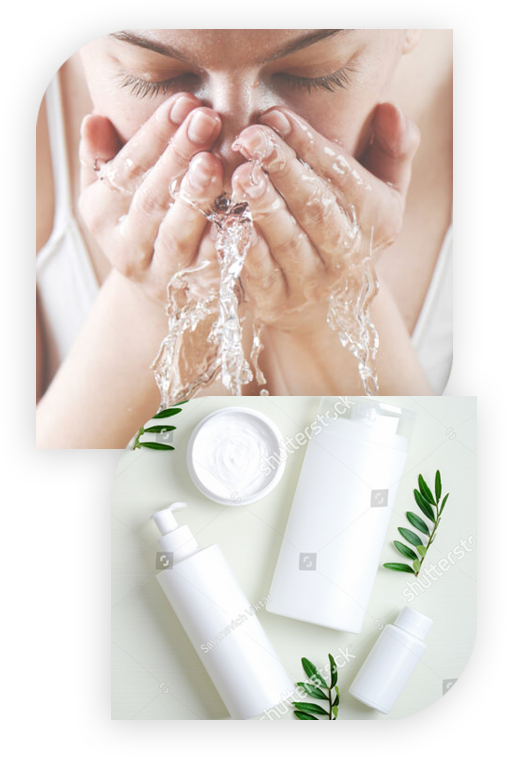
Washing Your Skin Too Much
Washing your skin is vital to your overall health and wellbeing. However, if you wash your face too frequently, you could end up developing acne because as you remove the skin’s oil, your skin may respond by increasing the production of oil. As your skin increases oil production there’s a greater chance that your pores will become clogged and acne will develop. As a general rule of thumb, stick to washing your face no more than twice a day. Also, make sure that you are using a mild cleanser that we recommend to avoid the potential for breakouts of blemishes.Your Hair Care Products
If you are experiencing acne near your forehead and on the edges of your face – that could happen if you use hair care products that contain oils, such as gels, mousse, pomades, hair spray, and conditioners. If you notice that your blemishes are near your hair line or forehead switch your hair products to our non-toxic recommendations that are free of oil and see if that helps to make any difference.

Your Toothpaste
A toothpaste that contains fluoride, or is heavily flavored can cause acne. Fluoride can trigger the formation of blemishes, including whiteheads, blackheads, pimples, and cysts. Additionally, sodium lauryl sulfate, an ingredient used to create a sudsing effect in toothpaste, has also been found to increase the risk of developing skin blemishes. Switch to our toothpaste recommendation.Your Cell Phone
Every time you make a phone call and hold your phone against your face, you are spreading everything that is on the surface of your phone onto the surface of your skin. As a result, all of that oil, debris, dirt, and bacteria on the surface of your phone could actually end up making you break out. To combat this problem, wipe your phone down with our recommended toxic free sanitizer before touching your face with it;or use your speakerphone or a hands-free device.

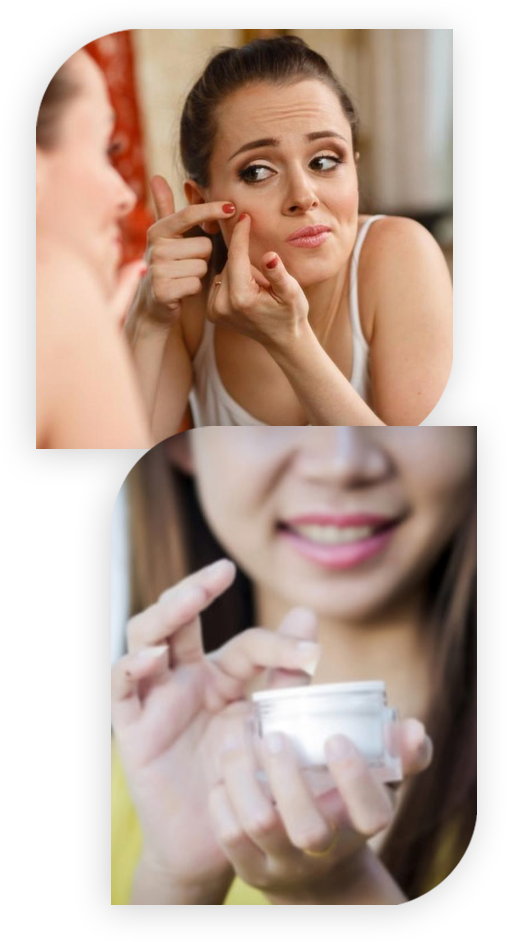
Touching Your Pimples
Some people think that squeezing pimples will help to clear them up; however the opposite is actually true. Whenever you touch your skin, you are putting the oils, dirt, debris, and bacteria on your hands onto your face .This can trigger the development of even more blemishes. Furthermore, it can aggravate any blemishes that you have, preventing them from healing, increasing the chances of an infection, and increasing the risk of scarring. We have recommended a safe and 100% effective sanitizer that can be used on your hands and face.Using Oily Cosmetics
Using cosmetics to enhance your beauty, can actually be detracting from the health and overall look of your skin. Cosmetics – such as foundation, cover-up, moisturizer, and powder- that contain a high level of oil can clog your pores, which can increase the risk of developing blemishes. Additionally, the use of oily cosmetics can also increase the amount of oil your skin naturally produces, further compounding the clogging of your pores.
If your cosmetics have any of these ingredients, they could be to blame for your acne: acetylated lanolin, algae extract, almond oil, benzaldehyde, isopropyl palmitate, Ethylhexyl palmitate, or lauric acid. We can check your cosmetics ingredients for you. If your cosmetics contain acne causing ingredients, we will provide you information on a safe alternative.
Birth Control Pills
Whether you take birth control pills as a form of contraceptive or you are taking them to regulate your menstrual cycle, if you are suffering from acne, they could be to blame. Some birth control pills contain a synthetic form of progesterone, which could lead to increased production of sebum and make your skin more vulnerable to chronic breakouts. Some types of birth control pills can actually help prevent acne. In fact, many people who suffer from acne go on the pill as a way to control their blemishes and clear up their skin. That’s because the synthetic hormones used in some birth control pills can suppress the oils in the skin, thereby preventing the overproduction of sebum and helping to prevent breakouts. So make sure your doctor knows if acne is a concern of yours.
A Few of Many Ingredients In Personal care Products That Cause Acne
Below are a few of the of the ingredients that may be causing your acne, or minor breakouts, and you can simply tell AchieveBeauty.com the products you’re using or considering and we’ll tell you how that products ingredients affects acne.
1
Synthetic fragrances contained in many personal care products are a major source of skin allergies, and can cause inflammation and irritation, which makes treating acne even more difficult than it already is. These commonly used products could be the culprit behind that inflamed pimple or blotchy complexion.
2
Essential oils contained in face and body cleansers and shampoos to remove dirt and oil from the skin or hair, these ingredients have been proven to clog pores and stimulate acne and cause
skin inflammation and irritation and make acne breakouts worse.
3
Sodium Lauryl Sulfate while being effective to create lather with your cleanser, can be a cause for irritation and inflammation and make active breakouts worse.
4
Isopropyl Myristate is a used to allow for increased absorption of many product’s active ingredients. At the same time it can lead to clogged pores and clogged acne bumps.
5
Several types of alcohol used in toners, exfoliating products and others become drying and irritating to the overall health of the skin. As alcohol dries, the skin’s glands secrete more oil
(sebum) in order to hydrate the skin. This sebum gets trapped in the glands, and bacteria starts to build which leads to more breakouts. Bacteria loves sebum.
6
Sodium Chloride is used to thicken formulations and achieve a desired texture for many personal care products. While you may like the rich cream it creates, you must be aware that it can be
causing your breakouts.
7
Coconut Oil, Cocoa Butter, Linoleic. Lauric Acid, saturated and unsaturated fats and other ingredients often cited as skin saviors can cause clogged pores and pose serious problems for acne
prone skin.







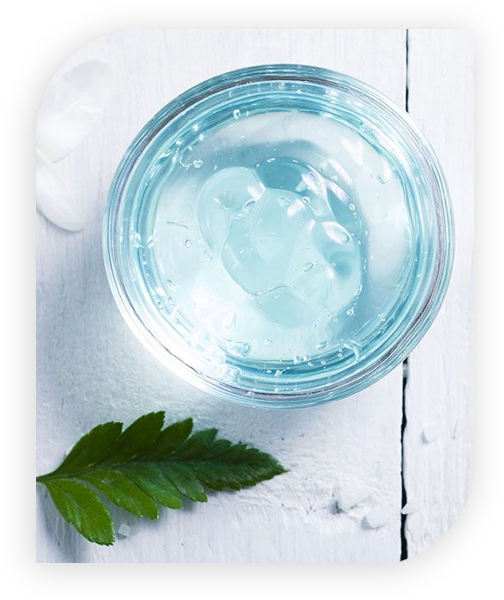
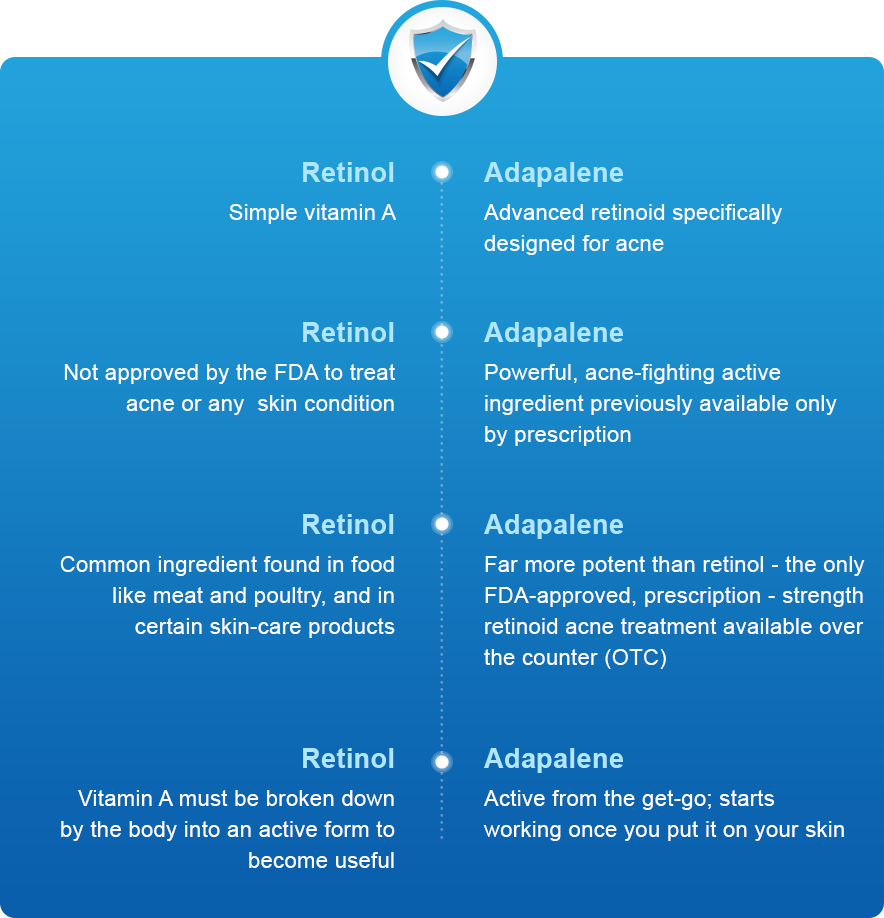
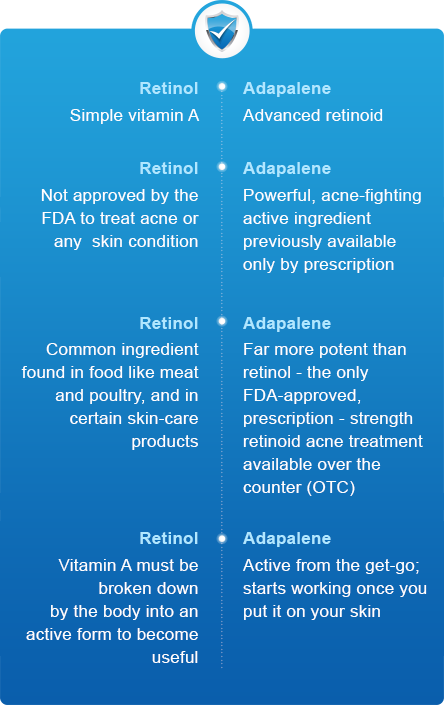

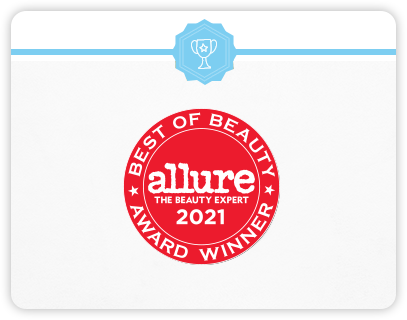



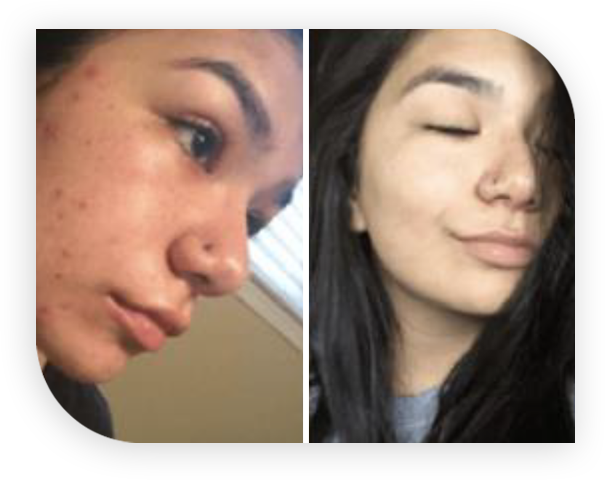
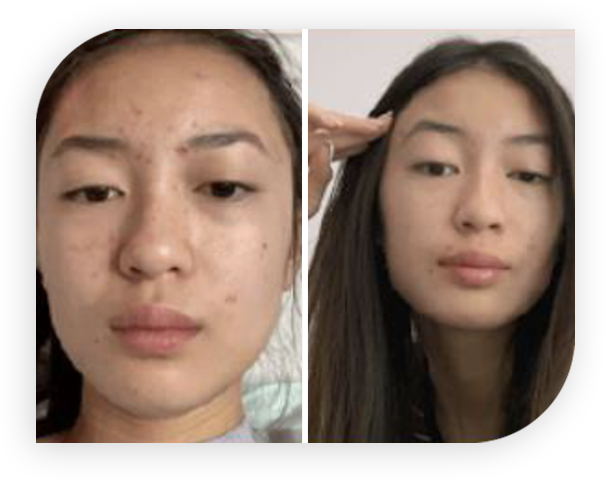
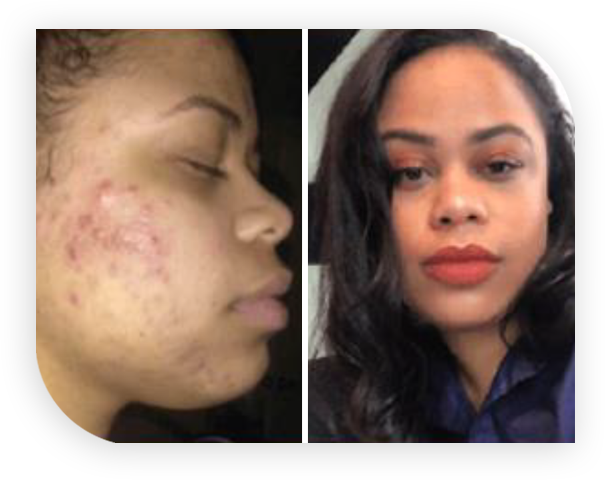
Leave a Reply